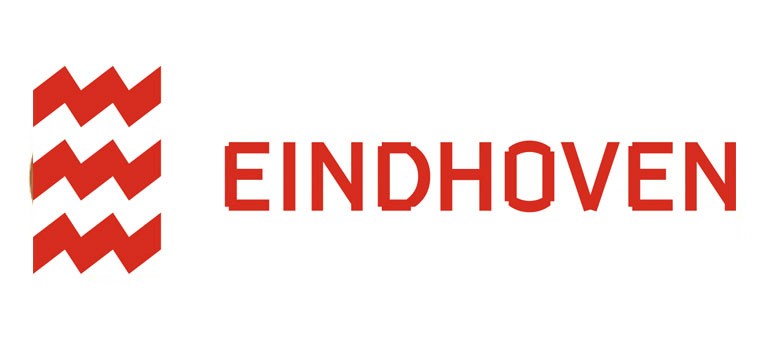OPE Data Governance Analysis Municipality Eindhoven
Project description
The main research question is as follow:
How can a simplified version of the OPE information system be developed to replicate the core functionalities of the original solution, and what insights can be gained from analysing its data processes to enhance the Municipality's understanding of the original system and inform recommendations for improvement?
A simplified version of the OPE information system can be developed by replicating its core functionalities, such as data collection, processing, and reporting, while focusing on essential workflows. This streamlined system would serve as a prototype to demonstrate the key operations of the original system without unnecessary complexity.
By analyzing the data processes in the simplified version, insights can be gained into how information flows, where inefficiencies might occur, and which features are most impactful. These insights can help the Municipality better understand the original system's strengths and limitations, providing a solid foundation for recommending improvements. Additionally, the prototype could highlight opportunities to optimize data management, enhance user interaction, and introduce automation, ensuring a more efficient and user-friendly final system.
Context
The Municipality of Eindhoven is a large, rapidly growing city in the Netherlands with ambitious development goals for the future. By 2040, the city aims to add 40,000 new houses and create 36,000 additional jobs. To achieve this growth in a balanced and sustainable manner, the municipality is implementing the OPE (Ontwikkelingsplan Eindhoven) project, which is designed to monitor, manage, and guide the city’s growth responsibly.
The OPE project tool, built using the ArcGIS platform, is a geographic information system (GIS) that allows the municipality to visualize, analyse, and manage spatial data. ArcGIS provides advanced mapping and spatial analysis capabilities, which help cities make informed decisions based on geospatial data. In this case, the OPE tool integrates various measurable ambitions like economic development, environmental sustainability, social factors, durability, and quality of life, providing a comprehensive view of how Eindhoven’s urban growth impacts these areas.
The tool visualizes these ambitions on a dashboard and map, enabling the municipality to see how different elements—such as housing, job creation, and public services—align with its growth targets. By using data from sources such as population demographics, land use, environmental conditions, and infrastructure, the OPE tool helps city planners monitor key performance indicators related to sustainability and well-being, ensuring that development is not only economically viable but also socially and environmentally responsible.
Through these visualizations, the OPE tool identifies areas where the city must make adjustments to meet its 2040 goals, ensuring that job opportunities, housing availability, and public facilities are balanced and in harmony with the city's sustainability objectives.
Results
The project will result in the creation of a simplified version of the OPE tool, designed to replicate key functionalities of the original tool while using data provided by the Municipality of Eindhoven. This version will help the municipality understand how the core processes of the OPE tool function, including data visualization, spatial analysis, and decision-making workflows. The simplified tool will act as a proof of concept, offering the municipality a clearer picture of how their data is used and managed.
Alongside this, the project will provide thorough documentation that explains in detail how the simplified tool operates. This will serve as a guide for the municipality, offering insights into how data is processed and how the tool's functionalities support informed decision-making. The documentation will aim to explain complex data processes and ensure the tool’s methodology is clear for stakeholders.
Finally, the project will include recommendations for optimizing the data processes within the OPE tool. These recommendations will focus on ensuring that the tool's workflows align with the municipality’s long-term goals for sustainable growth and development. The goal is to improve the tool’s transparency, reproducibility, and effectiveness, helping Eindhoven to achieve its ambitious targets for 2040.
The project does not involve any development or modification of the tool itself, including Posadmaxwan's ArcGIS tool, and it will not make technical changes to existing systems. However, it will include a report on how to shape data governance, which would provide guidance on how to manage the data efficiently, responsibly, and in alignment with best practices.


